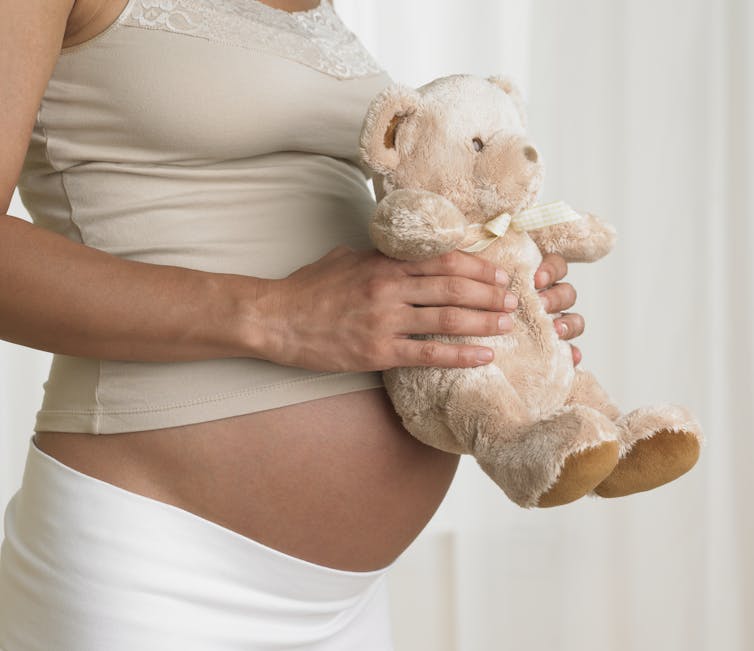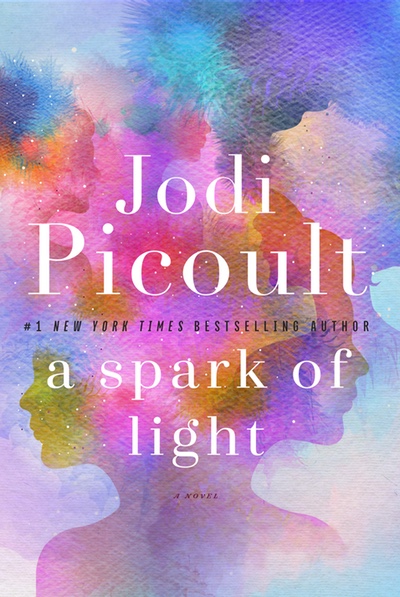This article first appeared in The Conversation and is reprinted here, with permission (see below). It's such an important issue. Following four miscarriages, I had a difficult pregnancy and preterm labor. With skilled obstetrical care, I had a healthy, full-term baby (who is now a medical doctor delivering babies herself). But...
I am white and I had excellent health insurance. I want to cry and scream and march in the streets at the blight of Black, Hispanic, and Native women who love their unborn babies just as much as I loved mine. This discrepancy is injustice. This is racism.
And now I hear that OBs are fleeing states with horrendous reproductive rights restrictions, terrified that if they treat problem pregnancies that do not end well (see aforementioned miscarriages), they will face criminal charges and loss of their medical licenses. That means rich white women will get the same good medical care...and poor women, largely women of color, will die.
Will die.
Let that sink in. Now read the article. Each one of those statistics is a woman who loves and is loved. A family. A community.
Risk of death related to pregnancy and childbirth more than doubled between 1999 and 2019 in the US, new study finds

Black women were more likely to die during pregnancy or soon after in every year from 1999 through 2019, compared with Hispanic, American Indian and Alaska Native, Asian, Native Hawaiian or other Pacific Islander, and white women. That is a key finding of our recent study published in the Journal of the American Medical Association. The risk of maternal death increased the most for American Indian and Alaska Native women during that time frame.
Maternal deaths refers to death from any cause except for accidents, homicides and suicides, during or within one year after pregnancy.
Notably, maternal mortality rates more than doubled for every racial and ethnic group from 1999 through 2019. Most maternal deaths are considered preventable because, in the U.S., maternal deaths are most often caused by problems that have very effective treatments, including bleeding after delivery, heart disease, high blood pressure, blood clots and infections.


